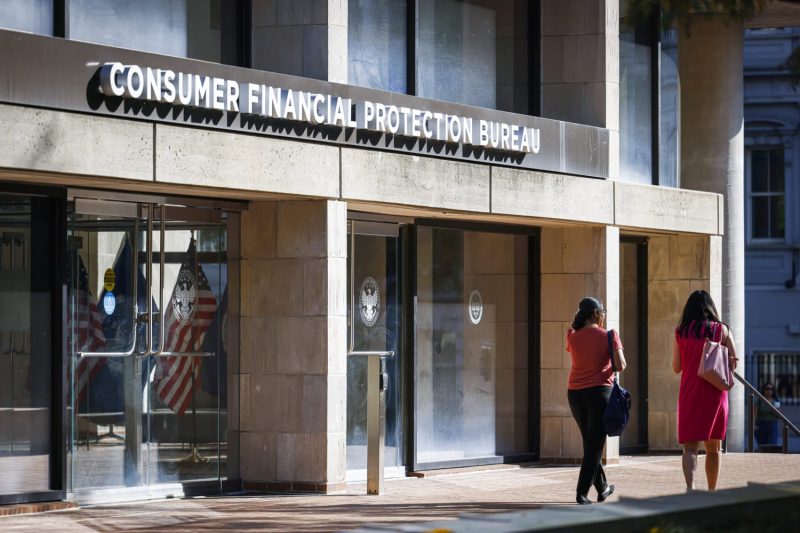The recent proposal by the Consumer Financial Protection Bureau (CFPB) to implement a new rule aimed at saving Americans an estimated $10 billion per year in late fees has sparked both hope and concern among various stakeholders. The rule, which aims to provide consumers with more flexibility in managing their finances and avoiding unnecessary fees, has garnered widespread attention for its potential impact on the financial well-being of millions of Americans. However, the possibility of a last-minute freeze on the implementation of the rule has cast a shadow of uncertainty over its future. Let’s delve deeper into the details surrounding this significant development and explore the potential implications.
One of the key components of the proposed rule is its focus on addressing the issue of late fees that consumers often incur when making credit card payments or other financial transactions past their due dates. Late fees can add up quickly and significantly impact an individual’s financial health, especially for those living on a tight budget. By implementing measures to reduce or eliminate these fees, the CFPB aims to alleviate some of the financial burden faced by consumers, ultimately putting more money back into their pockets.
Furthermore, the proposed rule also aims to improve transparency in the financial industry, ensuring that consumers are provided with clear and concise information regarding fees, terms, and conditions associated with their financial products. This transparency not only empowers consumers to make informed decisions but also fosters a more equitable and trustworthy financial marketplace.
Despite the potential benefits of the proposed rule, concerns have been raised regarding its impact on financial institutions and the broader economy. Some critics argue that reducing or eliminating late fees could result in losses for banks and other financial entities, potentially leading to a decrease in revenue and profitability. Additionally, there are concerns that strict regulations imposed by the CFPB could stifle innovation and competition within the financial industry, ultimately hindering economic growth.
The possibility of a last-minute freeze on the implementation of the rule raises questions about the regulatory environment and the balance between consumer protection and industry interests. While it is essential to safeguard consumers from unfair practices and exorbitant fees, it is equally important to ensure that financial institutions can operate efficiently and remain profitable. Finding a middle ground that benefits both consumers and industry stakeholders is crucial in creating a sustainable and inclusive financial system.
In conclusion, the proposed rule by the CFPB to save Americans $10 billion a year in late fees represents a significant step towards promoting financial well-being and transparency. However, the potential last-minute freeze on its implementation underscores the complex dynamics at play in the financial regulatory landscape. As discussions continue and stakeholders weigh in on the potential implications of the rule, finding a balanced solution that addresses the needs of both consumers and industry participants will be key to shaping a more resilient and consumer-friendly financial system for the future.
